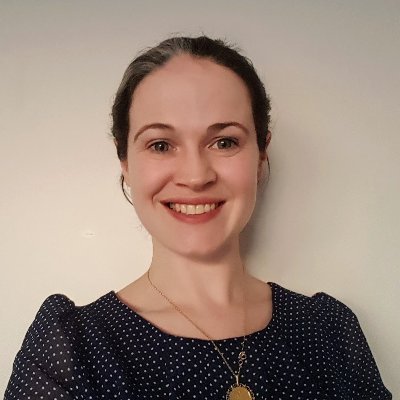By Tony O’Reilly-
An assistant professor at the School of Public Health, Physiotherapy and Sports Science at the University College Of Dublin, has provided pivotal evidence to the Scottish Covid-19 inquiry on April 25th, shedding light on the challenges faced by the physiotherapy profession during the peak of the pandemic.
She highlighted systemic problems in the availability of PPE during the pandemic, and also brought attention to failings in rehabilitation processes for those who desperately needed them.
The Chartered Society Of Physiotherapists (CSP) was consulted by the Covid Inquiry to give their professional expertise on various issues associated with the pandemic that came to light in Scotland.
Claire Ronald, Senior Negotiating Officer for Scotland(pictured) is a thoroughbred in her field with deep insights into physiotherapy and nutritional immunology, and was also a recipient of a $1.5m award for research. She advocated for crucial reforms to address unmet rehabilitation needs and improve partnership working in the healthcare sector.
Claire’s testimony highlights the vital role played by physiotherapists in the healthcare response to Covid-19, particularly in restoring mobility and function to patients.
However, she also highlighted systemic shortcomings that hindered the profession’s ability to deliver optimal care, including issues related to personal protective equipment (PPE) and workforce planning.
One of the key areas of concern raised was the ambiguity surrounding the definition of aerosol generating procedures, which resulted in physiotherapists not being provided with the highest level of PPE.
This shortfall in protection not only jeopardized the safety of healthcare workers but also compromised patient care during a critical period of the pandemic.
Moreover, Claire emphasized the urgent need for investment in rehabilitation spaces and improved workforce planning to address the population’s unmet rehabilitation needs.
She argued that effective rehabilitation is essential for facilitating patient discharge from hospitals and restoring mobility and function, thus underlining the indispensable role of physiotherapy in the healthcare system.
In addition to addressing immediate challenges, Claire advocated for enhanced partnership working, emphasizing the importance of clearer and more consistent involvement of trade unions and professional bodies in decision-making processes.
Claire stressed the potential for joint efforts to address both professional concerns, such as PPE, and broader issues related to terms and conditions by fostering collaborative communication channels.
The evidence presented by the Chartered Society of Physiotherapy (CSP) received significant media attention, with prominent publications such as the Scotsman, Scottish Times, and Herald highlighting the impact of pandemic decision-making on patient recovery.
This heightened awareness underscores the importance of the Scottish Covid-19 inquiry in scrutinizing Scotland’s response to the pandemic and identifying lessons for future preparedness.
The inquiry’s parallel alignment with the UK Covid-19 inquiry further emphasizes the need for a cohesive and comprehensive approach to pandemic response and recovery efforts.
The UK Covid inquiry is holding its first public hearings in Belfast, following earlier sessions in Edinburgh, Cardiff and London.
The inquiry has heard from several politicians, including former prime minister, Boris Johnson.
The Eye Of Media,Com will be staying abreast with the Covid Inquiry in both the UK and Scotland.




